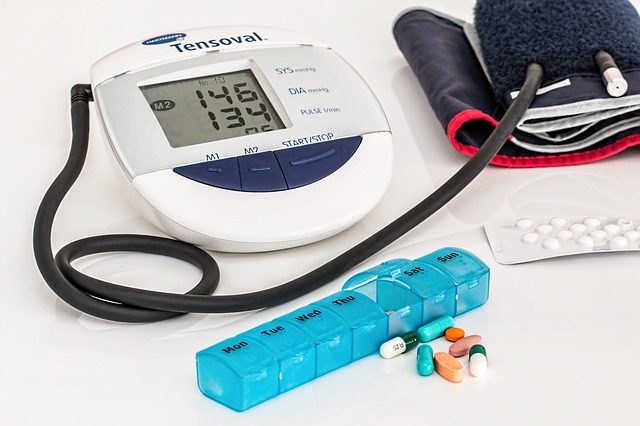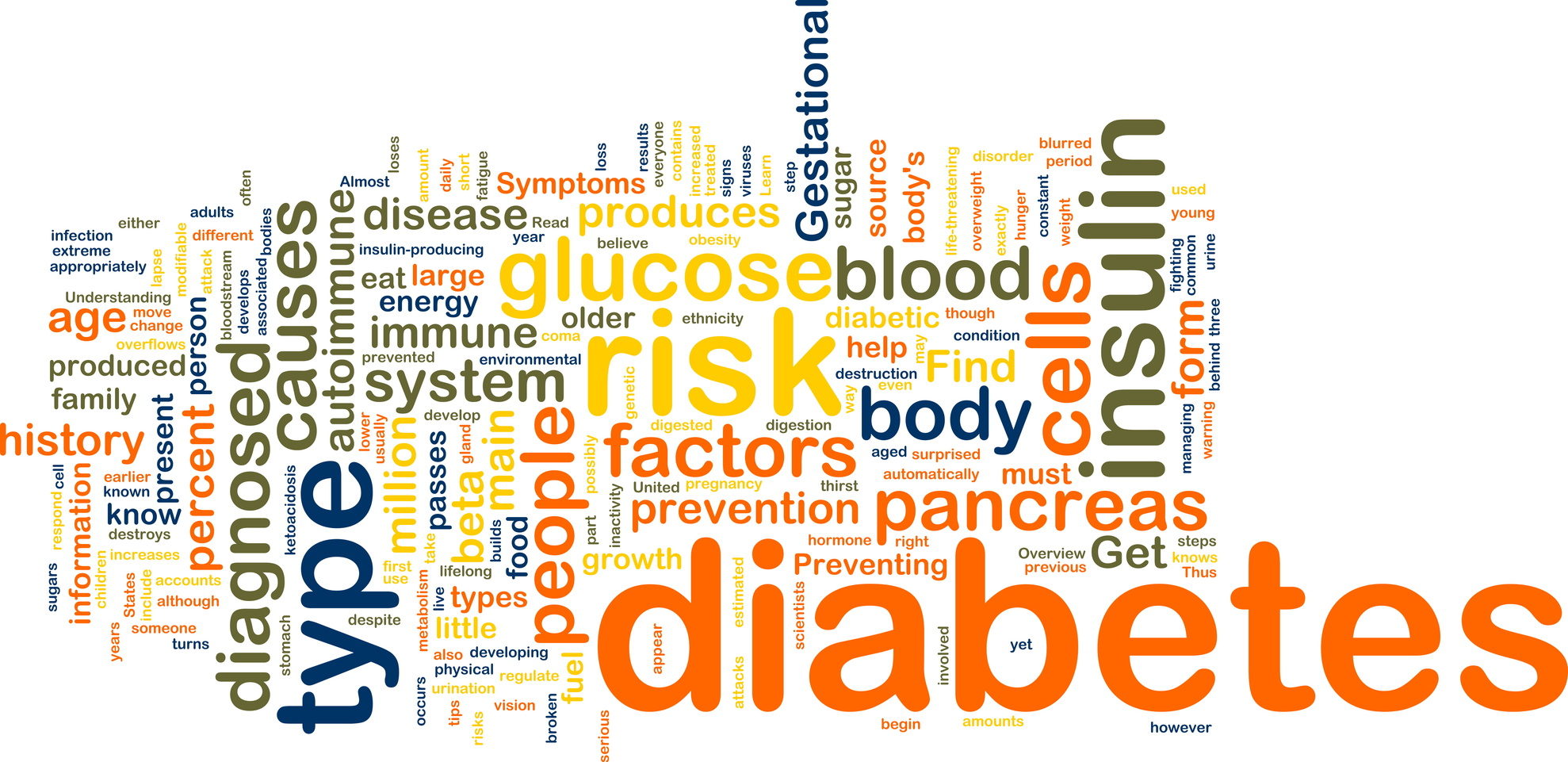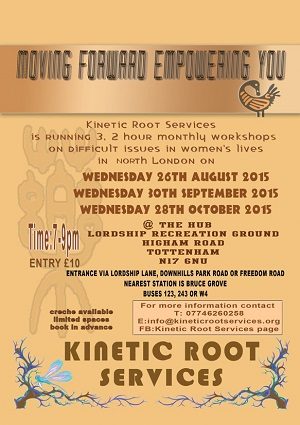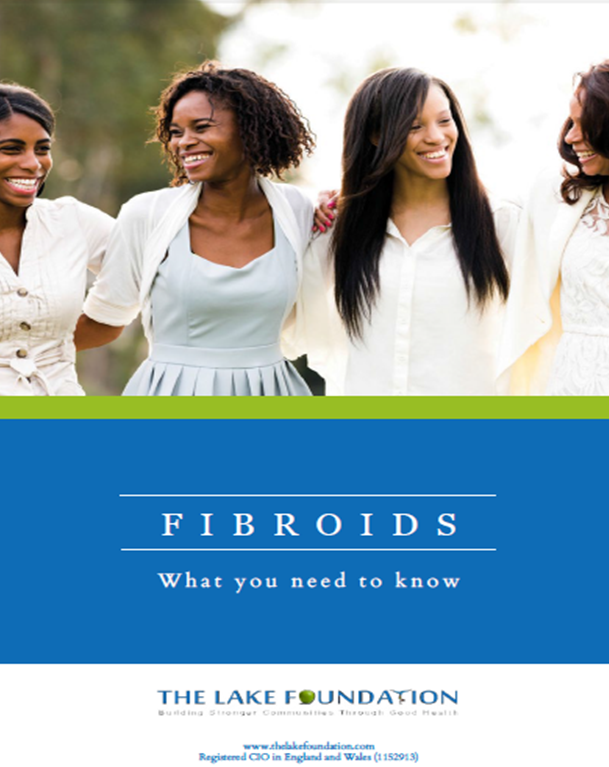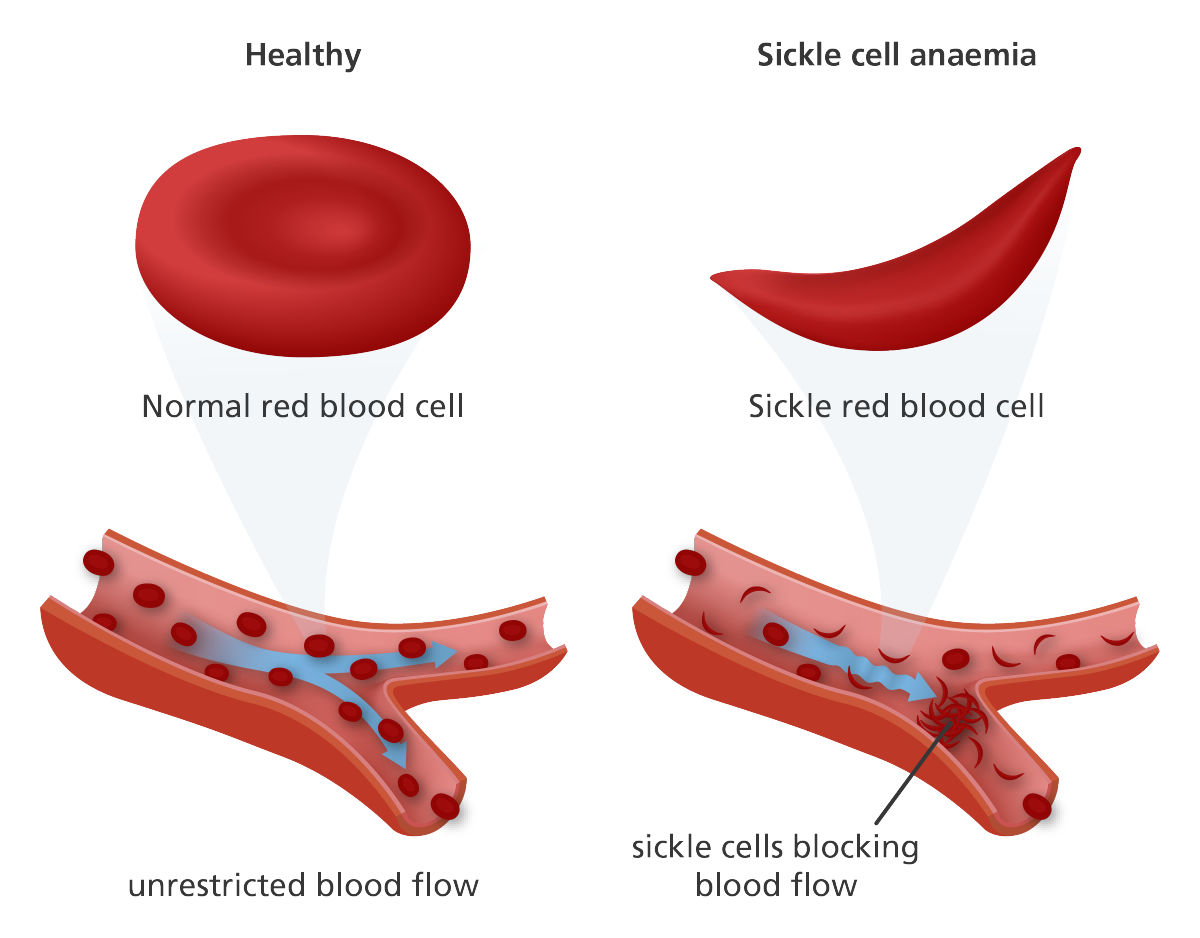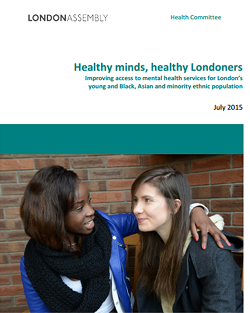High Blood Pressure and the Black Community
High blood pressure is a major challenge for the black community in the UK with 33% of black adults having high blood pressure compared to 16% of white adults. When we look at the actual numbers, to understand the scale of the problem, the black community makes up 3.3% of the UK’s population so a staggering 625,503 black people in the UK are known to have high blood pressure; we have to do something about this.
What is high blood pressure?

Blood pressure is a measure of how much force (pressure) our blood exerts on our blood vessels (our arteries and veins). High blood pressure, medically known as hypertension, occurs when the force our blood exerts on our vessels is consistently higher than what is considered to be a healthy level, which is generally 120/80mmHg. If a person has several blood pressure measurements, on separate occasions, which are 140/90mmHg or higher then they are considered to have high blood pressure. This is a major concern because it is associated with a number of health complications with people suffering from high blood pressure being twice as likely to have a heart attack or stroke. This is because the high pressure can damage our arteries affecting the blood supply to our heart or brain.
What causes high blood pressure?
The exact cause of high blood pressure is unknown but there are a number of factors that increase a person’s risk of developing high blood pressure and many of these factors are associated with lifestyle and these include: lack of physical activity, an unhealthy diet (especially a diet high in salt), being overweight or obese, drinking too much alcohol, stress and smoking. Furthermore, your risk of developing high blood pressure increases as you get older, and you’re at a higher risk if you have a family history of high blood pressure, are from the black community and suffer from sleep apnoea. Additionally there are a number of health conditions that increase a person’s risk of developing high blood pressure so for example people who have diabetes, kidney disease and adrenal and thyroid disorders are at increased risk of developing high blood pressure.
Why is the black community at higher risk of developing high blood pressure?
We know that the black community in the UK are twice as likely to develop high blood pressure as their white counterparts and are more likely to develop it at a younger age, but the question is: why? Research suggests that there may be several reasons for this and here are just four key reasons:
Salt Sensitivity

We now know that people respond to salt differently so some people who consume large amounts of salt will not go on to develop high blood pressure whilst others will. This has led to a term called salt sensitivity which is a measure of how a person’s blood pressure responds to salt. A person who is salt sensitive is likely to develop high blood pressure from consuming salt whilst a person who is salt resistant is unlikely to develop high blood pressure from consuming salt.
Sodium (salt is sodium chloride), blood pressure and fluid balance are controlled by the renin-angiotensin-aldosterone system in our body. In this system hormones control the absorption of sodium by the blood and therefore control our blood pressure. People who are salt sensitive have genetic variations in some of the genes involved in the renin-angiotensin-aldosterone system which makes them less able to handle salt and maintain a normal blood pressure.
Members of the black community are more likely to be salt sensitive particularly black Americans and black Caribbeans who are thought to have inherited the aforementioned genetic variations.
Salt Intake
Work by the Consensus Action on Salt and Health has found that:
“The majority of salt consumed by people of black African descent is from salt added in cooking and/or at the table. This is in contrast to the rest of the UK population (and indeed the Western world) where 75% of salt intake comes from processed foods. A health survey in England found that 83% of black men and 85% of black women added salt in cooking. Over a quarter (28%) of the same population add salt at the table. Salted meats and fish like salt-fish and salt-beef, and heavily seasoned meats such as fried chicken, stews and curries can contain a lot of salt.”
This suggests that the black people may consume more salt than their white counterparts and when this is coupled with the salt sensitivity phenomena this is a recipe for disaster when it comes to high blood pressure.
Increased Risk of Diabetes
Diabetes is a key risk factor for high blood pressure with about 80% of type 2 diabetics suffering from high blood pressure. When we look at how diabetes affects the black community data suggests that the black community is three times more likely to develop diabetes than their white counterparts, and this will mean that as a result of diabetes black people will be more likely to develop high blood pressure. Again, if we put this into numbers, to understand the scale of the problem, it is estimated that 5.3% of the UK’s black population have type two diabetes compared to 1.7% of the white population which means that 50,000 black people in the UK are affected by diabetes and hence are at a higher risk of developing high blood pressure.
Lifestyle
We also know that the black community are at increased risk of high blood pressure due to other lifestyle factors, for example black African women in the UK have been found to have the highest prevalence of obesity and obesity is a risk factor for high blood pressure. Additionally, the black community are less likely to be physical active with NICE reporting that:
“African-Caribbeans aged 16 to 74 years, 62 per cent of men and three quarters of women do not participate in enough physical activity to benefit their health* (HEA 1995a), compared with the general population (59 per cent of men and 68 per cent of women (HEA 1995b).”
Physical inactivity is a key risk factor for high blood pressure and the above shows that many black people are not achieving their recommended level of physical activity putting us at a higher risk of developing high blood pressure.
What can we do?

In order to tackle this problem we clearly need to make some changes to our diet and lifestyle. We can make a significant difference by looking at our salt intake. The government recommends that adults consume no more than 6g of salt a day. To achieve this we have to:
- Avoid adding salt to our food and use herbs and spices to season our food
- Avoid processed foods
- Ask restaurants to prepare low-salt versions of the dishes on their menu
For some great tips on how to reduce your salt intake visit Consensus Action on Salt and Health’s website
Additionally we have to get more active and aim to do 30 minutes of physical activity every day and we have to tackle diabetes. We can reduce our risk of developing diabetes through lifestyle changes, – a healthy diet, being active and maintaing a healthy weight.
Finally, there needs to be collaboration between the government, the food industry, the public and charities to ensure that it is easy for all of us to achieve a healthy lifestyle or else this problem of high blood pressure will not go away.
References
- Ageymang C & Bhopal R. Is the blood pressure of people from African origin adults in the UK higher or lower than that in European origin white people? A review of cross-sectional data. Journal of Human Hypertension. 2003; 17(8). 523-534
- Blood Pressure UK.
- D Lane, D G Beevers and G Y H Lip. Ethnic differences in blood pressure and the prevalence of hypertension in England Journal of Human Hypertension (2002) 16, 267-273. DOI: 10.1038/sj/jhh/1001371
- Diabetes UK. Diabetes: Facts and Stats (2014)
- Diabetes UK. Diabetes in the UK 2011/2012: Key Statistics on Diabetes. Diabetes UK, 2011
- Fuchs FD. Why Do Black Americans Have Higher Prevalence of Hypertension? An Enigma Still Unsolved. Hypertension.2011; 57: 379-380
- Gatineau M, Mathrani S. Obesity and Ethnicity. Oxford: National Obesity Observatory, 2011
- NICE. Promoting Physical Activity Among Black and Minority Ethnic Groups
- Scarborough P, Bhatnagar P, Kaur A, Smolina K, Wickramasinghe K and Raynew M.Ethnic Differences in Cardiovascular Disease. Oxford: University of Oxford/British Heart Foundation, 2010
- Sullivan JM.1991. Salt sensitivity. Definition, conception, methodology, and long-term issues. Hypertension. 17(1 Suppl):I61-8. PMID:1987013.
- The Stroke Association. Stroke in African Caribbean People. London: The Stroke Association, 2012
- 2011 UK Census







